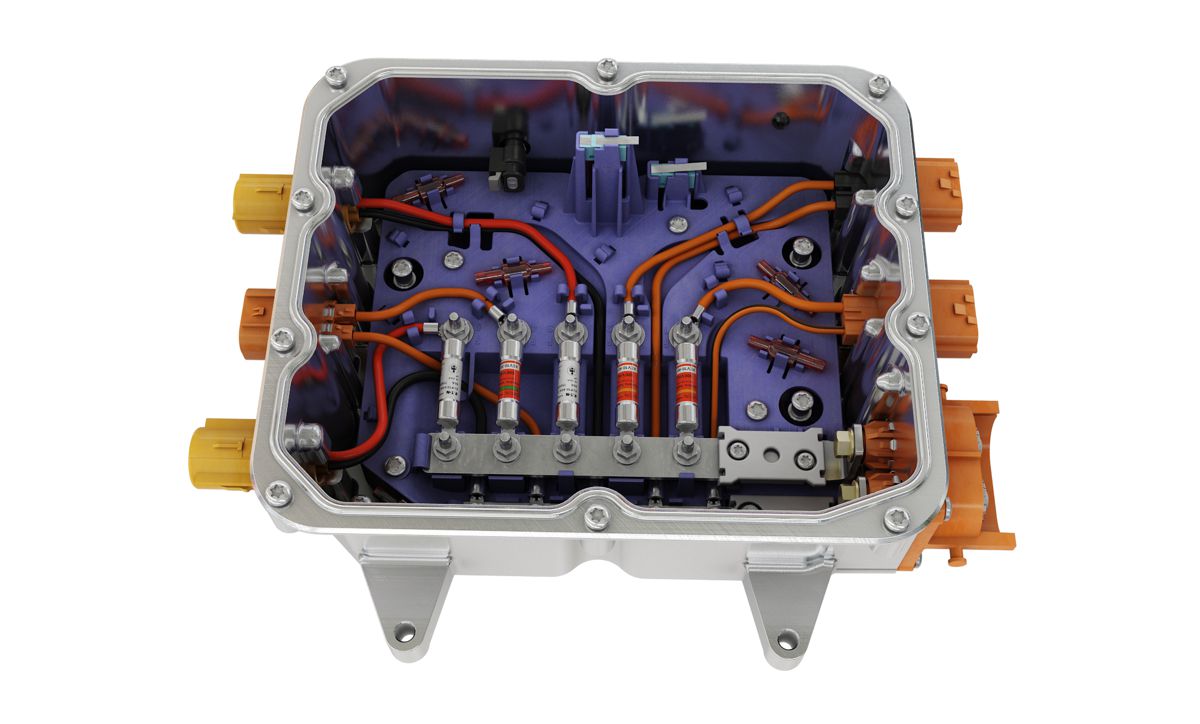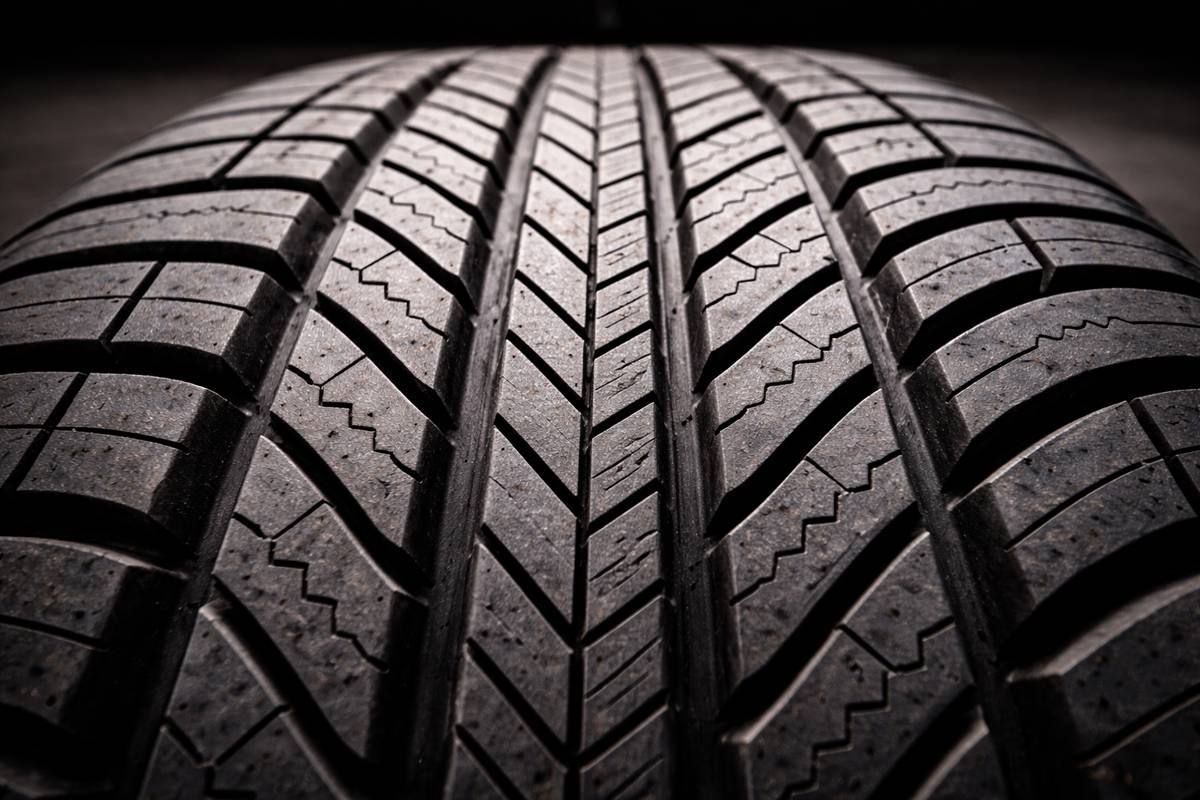Czech Republic promotes Mobility in EMEA with two grants to Eaton
Intelligent power management company Eaton continues to expand its capabilities and resources in Europe, Middle East, and Africa (EMEA) with the recent announcements of two grants from the Czech Republic. The grants will fund participation in two innovative mobility projects, including assisting in the design and development of an electrified off-road truck and to develop and demonstrate a new power distribution unit (PDU) and DC/DC converter (200 kW) for hydrogen fuel cell powered trucks.
“We are continuously expanding our electrified vehicle capabilities in EMEA and forming meaningful partnerships with governments and automotive manufacturers and suppliers,” said Dr. Mihai Dorobantu, director, Technology Planning and Government Affairs, Eaton’s Mobility Group. “EMEA is an important growth region for electrified vehicles, and we are proud to help pave the way to an emissions-free future.”
One of the grants from the Czech Republic is to participate in a joint program with Tatra Trucks, a leading Czech truck manufacturer for both military and commercial applications, to produce a specialized off-road electrified truck, a prototype called the Battery Electric Tatra Truck with multi-speed Transmission (BETTT). Eaton’s contribution to the endeavour will be the integration of its power distribution unit (PDU) and award winning 4-speed transmission for medium- and heavy-duty electrified vehicles (EVs).
“We’re very excited to have been chosen to participate in this important project,” Dorobantu said. “Eaton strives to be at the forefront of innovation for all types of vehicles as the mobility industry continues its transition from internal combustion-powered vehicles to those with electrified drivetrains.”
Medium- and heavy-duty vehicle requirements are fundamentally different than passenger vehicles. Because larger vehicles, such as buses and trucks, are bigger and heavier than passenger vehicles, electrified versions require large electric motors and batteries, which add cost. However, many vehicles typically operate on routes with significant braking opportunities that generate power via regenerative braking, making electrification an attractive opportunity to reduce energy and improve performance simultaneously.
The 4-speed EV transmission, a part of Eaton’s eMobility portfolio of electrified vehicle components, solves the primary issue related to single-speed drives: contradictory requirements for high efficiency at top speeds and increased torque at launch and low speeds. It also promotes a more complete brake energy regeneration that reduces total energy consumption and battery needs.
Eaton’s PDUs connect the main battery power to the rest of the vehicle, similar to how a home service panel connects the main power source to each of the branch circuits in the house. While distributing power through the vehicle, the PDU, also known as junction boxes, or fuse boxes, also provides a safety function, protecting passengers and the vehicle’s expensive power electronics from short circuits and other electrical system faults.
“Eaton’s PDU leverages our extensive automotive experience and electrical expertise to ensure complete power protection with enhanced vehicle performance and efficiency,” Dorobantu said. “The BETTT project will allow us to gain knowledge from a specific application and demonstrate the performance benefits of our components on a system level.”
Eaton’s second grant is from the Czech government program DEFACTo (Definition and Demonstration of Fuel Cell BoP and DC/DC components) for a three-year program to develop and demonstrate a new PDU and DC/DC converter (200 kW) for hydrogen fuel cell powered trucks. In addition, an internal test bench with a fuel cell system (50 kW) will be set up at the Eaton European Innovation Center (EEIC) to expand and accelerate the company’s capabilities and developments in the field of hydrogen.
“To successfully complete this project, we are establishing a hydrogen fuel cell lab at our European Innovation Center in Prague to test out different fuel cell components, including air and hydrogen control systems, as well as working to integrate a fuel cell in a simulated vehicle or building,” Dorobantu said.





























